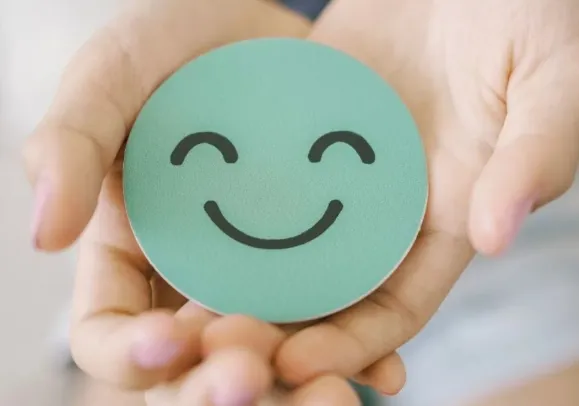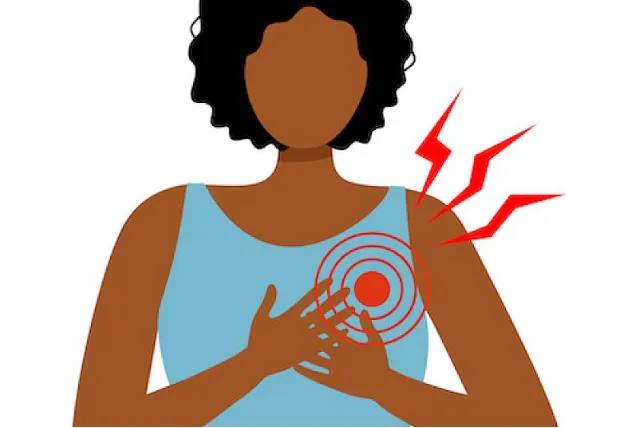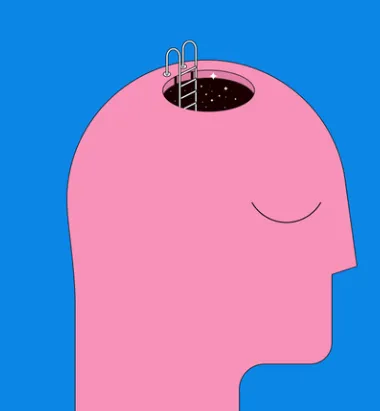The Hidden Costs of Overwhelming Empathy on Mental Well-Being

Empathy, the ability to understand and share the feelings of others, is often celebrated as a hallmark of emotional intelligence and moral character. It fosters connection, promotes kindness, and helps build supportive relationships. However, too much empathy—or empathic distress—can backfire, negatively impacting your mental health.
Empathic distress occurs when you absorb others' emotions so deeply that their pain feels like your own. Over time, this can lead to emotional exhaustion, anxiety, or even depression. People who are overly empathetic might neglect their own needs, becoming consumed by the problems of others. This phenomenon is especially common in caregiving roles, such as healthcare workers, therapists, or even empathetic friends who act as emotional support systems.
One major risk of excessive empathy is compassion fatigue. Unlike burnout, which stems from prolonged stress, compassion fatigue arises when you care so deeply for others that their suffering drains your emotional reserves. This often results in feelings of helplessness or apathy, undermining your ability to assist others effectively.
Balancing empathy is essential. Learning to regulate emotional boundaries can help you maintain a healthy relationship with empathy. Here are some strategies to prevent empathy overload:
1. Practice Self-Awareness: Regularly check in with yourself to recognize when you're feeling overwhelmed.
2. Set Emotional Boundaries: Understand that you can support others without taking on their emotional burdens entirely.
3. Engage in Self-Care: Prioritize activities that rejuvenate you, such as exercise, hobbies, or meditation.
4. Seek Professional Support: Counseling or therapy can provide tools to manage empathic stress.
5. Practice Mindfulness: Techniques like deep breathing and grounding exercises help keep emotions in check.
Moderation is key. Healthy empathy empowers you to connect without losing yourself. By cultivating balance, you can continue to be compassionate while preserving your own well-being.
Recommended Websites and Companies for Further Exploration:
1. [American Psychological Association (APA)](https://www.apa.org) - Resources on mental health and emotional regulation.
2. [BetterHelp](https://www.betterhelp.com) - Online therapy for managing emotional challenges.
3. [Talkspace](https://www.talkspace.com) - Affordable counseling services through online platforms.
4. [Psychology Today](https://www.psychologytoday.com) - Articles and therapist directories for managing empathy and mental health.
5. [Mind](https://www.mind.org.uk) - A UK-based mental health charity offering support and advice.
6. [Calm](https://www.calm.com) - A mindfulness app to help regulate emotions.
7. [Headspace](https://www.headspace.com) - Guided meditation to foster emotional balance.
8. [National Alliance on Mental Illness (NAMI)](https://www.nami.org) - A mental health organization providing education and support.
9. [Mental Health Foundation](https://www.mentalhealth.org.uk) - Resources for improving mental health resilience.
10. [Self-Compassion by Dr. Kristin Neff](https://self-compassion.org) - Tools for cultivating self-compassion alongside empathy.
HTML Table for Comparison:
<!DOCTYPE html>
<html lang="en">
<head>
<meta charset="UTF-8">
<meta name="viewport" content="width=device-width, initial-scale=1.0">
<title>Comparison of Empathy Levels</title>
<style>
table {
width: 100%;
border-collapse: collapse;
}
th, td {
border: 1px solid #ddd;
padding: 8px;
text-align: left;
}
th {
background-color: #f2f2f2;
}
tr:nth-child(even) {
background-color: #f9f9f9;
}
</style>
</head>
<body>
<table>
<tr>
<th>Empathy Level</th>
<th>Pros</th>
<th>Cons</th>
</tr>
<tr>
<td>Low Empathy</td>
<td>Less emotional stress; better focus on personal needs</td>
<td>Difficulty forming deep connections; risk of appearing indifferent</td>
</tr>
<tr>
<td>Balanced Empathy</td>
<td>Healthy relationships; ability to connect and support others effectively</td>
<td>Requires constant self-awareness and regulation</td>
</tr>
<tr>
<td>High Empathy</td>
<td>Deep emotional bonds; strong support for others</td>
<td>Risk of emotional exhaustion, compassion fatigue, and neglecting self-care</td>
</tr>
</table>
</body>
</html>






